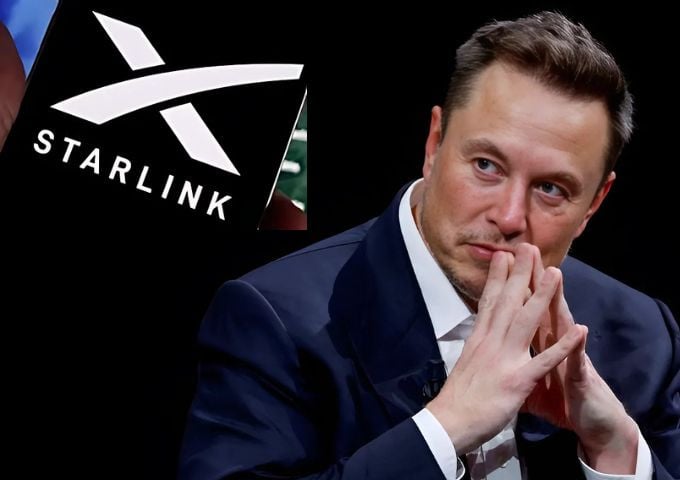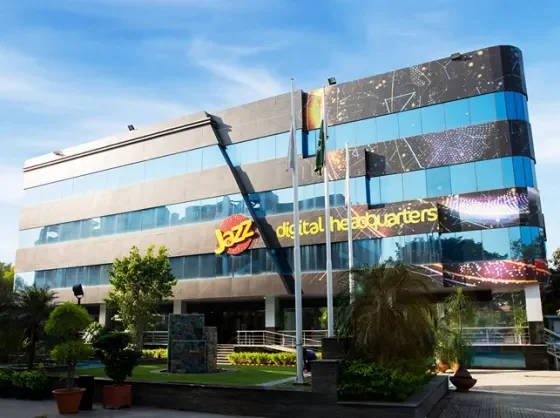In a major step toward digital transformation, Federal Minister for Information Technology and Telecommunication, Shaza Fatima Khawaja, announced that Starlink’s satellite internet services are expected to be operational in Pakistan by November or December 2025. This marks a turning point for broadband access in remote and underserved regions of the country.
The announcement came during a briefing at the National Assembly Standing Committee on IT. It was revealed that Starlink — a subsidiary of SpaceX, owned by tech visionary Elon Musk — has already been issued a temporary No Objection Certificate (NOC) by the Pakistan Space Activities Regulatory Board. Consequently, this permits the company to begin groundwork for launching operations in the region.
What is Starlink and Why is it a Game-Changer for Pakistan?
Starlink provides high-speed, low-latency internet through a network of Low Earth Orbit (LEO) satellites. As a result, it’s particularly beneficial for countries like Pakistan, where rugged terrain and isolated communities often limit traditional broadband infrastructure.
With this development, even remote mountainous villages or desert communities could soon enjoy seamless internet access, thereby bridging Pakistan’s persistent digital divide.
Regulatory Progress and Next Steps
Although Starlink has not yet received a full operating license, officials confirmed that licensing arrangements are nearing completion. In fact, according to Pakistan Telecommunication Authority (PTA) Chairman Major General (retired) Hafeezur Rehman, a consultant has already been hired to assist in finalizing the regulatory framework for satellite-based internet services.
Once this framework is in place, Starlink will reapply for full operational clearance, ultimately paving the way for its commercial launch in Pakistan.
Competition on the Horizon: More Satellite ISPs Eye Pakistan
Interestingly, Starlink isn’t the only player with plans for Pakistan’s growing tech market. Minister Shaza Fatima Khawaja also disclosed that a Chinese satellite internet company has submitted an application to operate in the country. However, the name of the firm remains undisclosed.
This growing international interest further highlights Pakistan’s potential as a regional hub for space-based connectivity services, especially as demand for reliable, high-speed internet continues to rise.
What Starlink Means for Pakistan’s Future
The arrival of Starlink could significantly:
-
Improve internet connectivity in rural and underserved areas
-
Boost digital education, e-healthcare, and e-commerce in remote regions
-
Support the government’s Digital Pakistan vision
-
Open opportunities for telecom sector innovation and healthy competition
Conclusion
With Starlink’s commercial launch now on the horizon, Pakistan is gearing up for a digital revolution powered by next-generation satellite internet. As regulatory processes near completion and infrastructure installation begins, Pakistanis can look forward to faster, more reliable, and universally accessible internet — from bustling cities to the most isolated corners of the nation.
Stay tuned as Pakistan prepares to join the global Starlink network and reshape its digital destiny.




